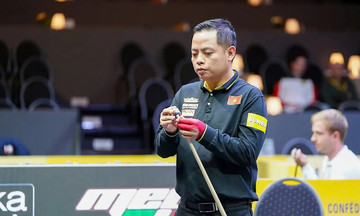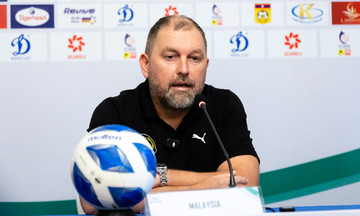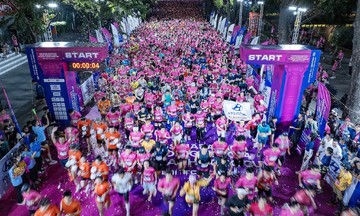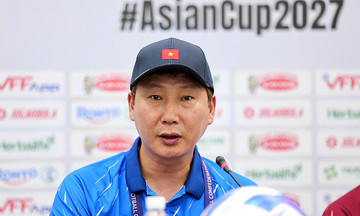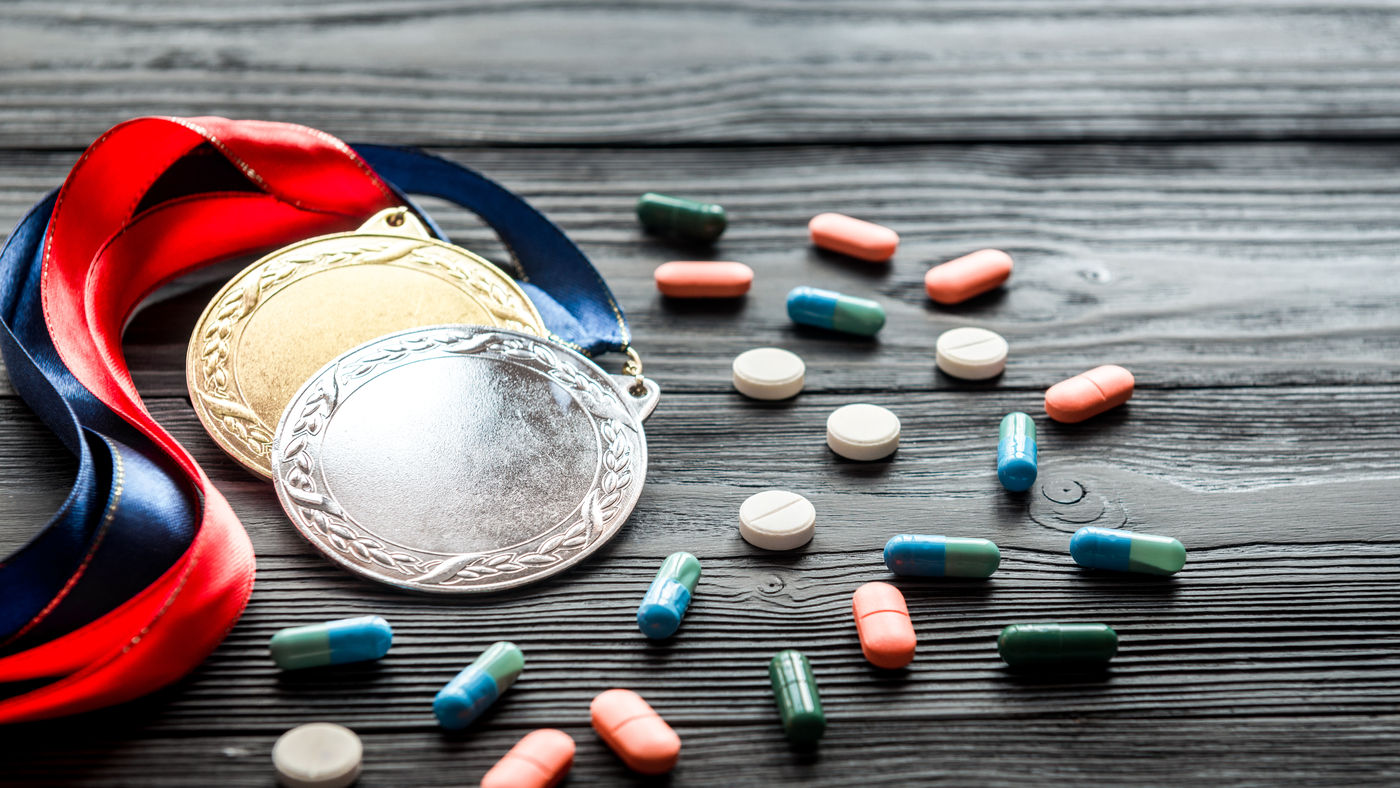 |
Since ancient times, athletes have sought ways to enhance their performance. Ancient Greeks used figs, some used mushrooms, while ancient Egyptians believed ground donkey hooves could boost athletic prowess. In 1807, a long-distance walker in England used laudanum to stay awake for days during a competition.
At the 1904 Olympics, a marathon runner drank a mixture of strychnine, raw eggs, and brandy. He won but nearly died and quickly retired. In the 1930s, a British football club boasted of injecting its players with “monkey gland extract” (transplanting monkey testicle tissue into men).
In modern times, performance-enhancing substances including steroids, growth hormones, and erythropoietin, which boosts red blood cell production, have been used by athletes, bringing both danger and harsh criticism. Doping in the 20th and 21st centuries has created tarnished victories and infamous scandals.
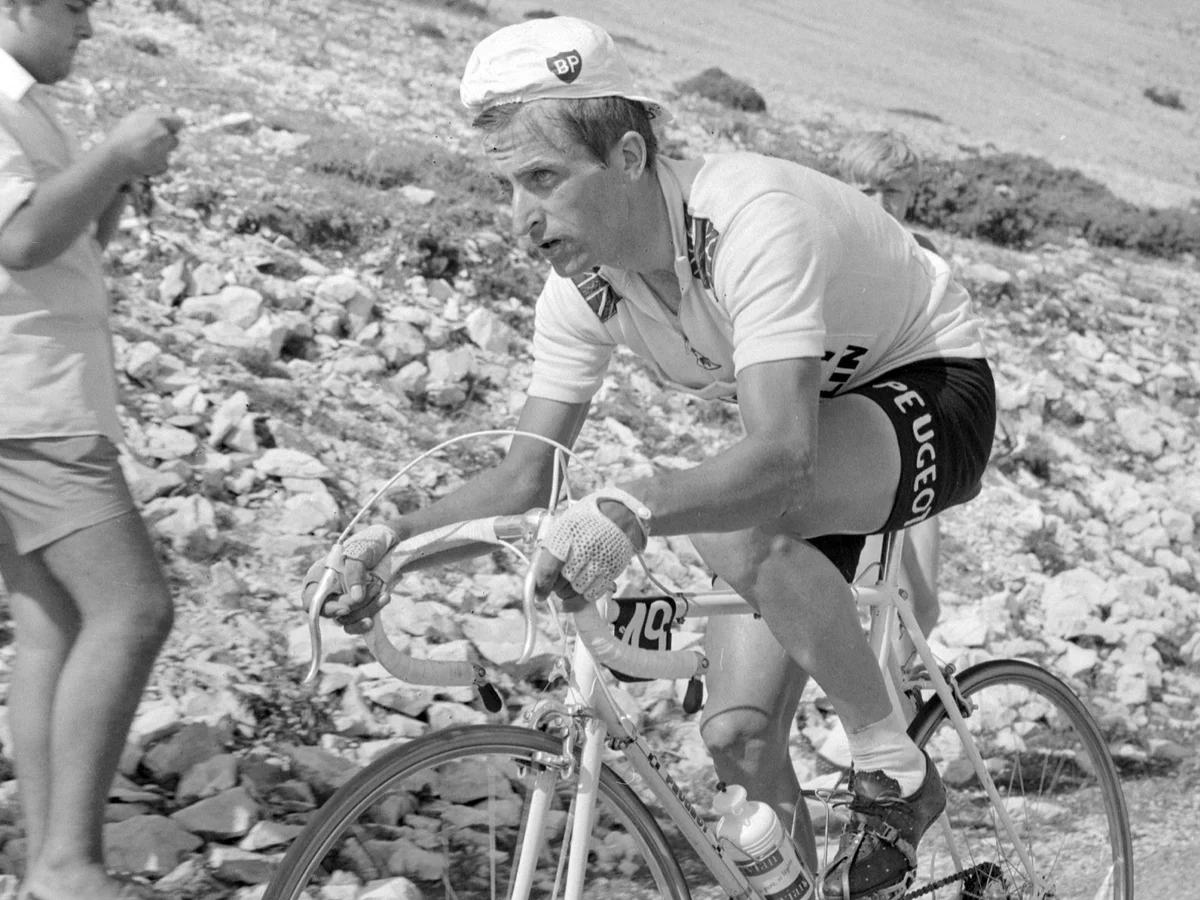 |
1967: Cyclist Tom Simpson dies at the Tour de France. On 13/7/1967, British cyclist Tom Simpson died while cycling up Mont Ventoux on a hot day during the Tour de France. The cause of death was recorded as a heart attack due to dehydration. However, amphetamine vials were found in his jersey, and an autopsy revealed the presence of the substance. The official report stated that stimulants pushed Simpson's body into a state of exhaustion and severe dehydration. His death led the International Cycling Union to ban the use of performance-enhancing substances in cycling.
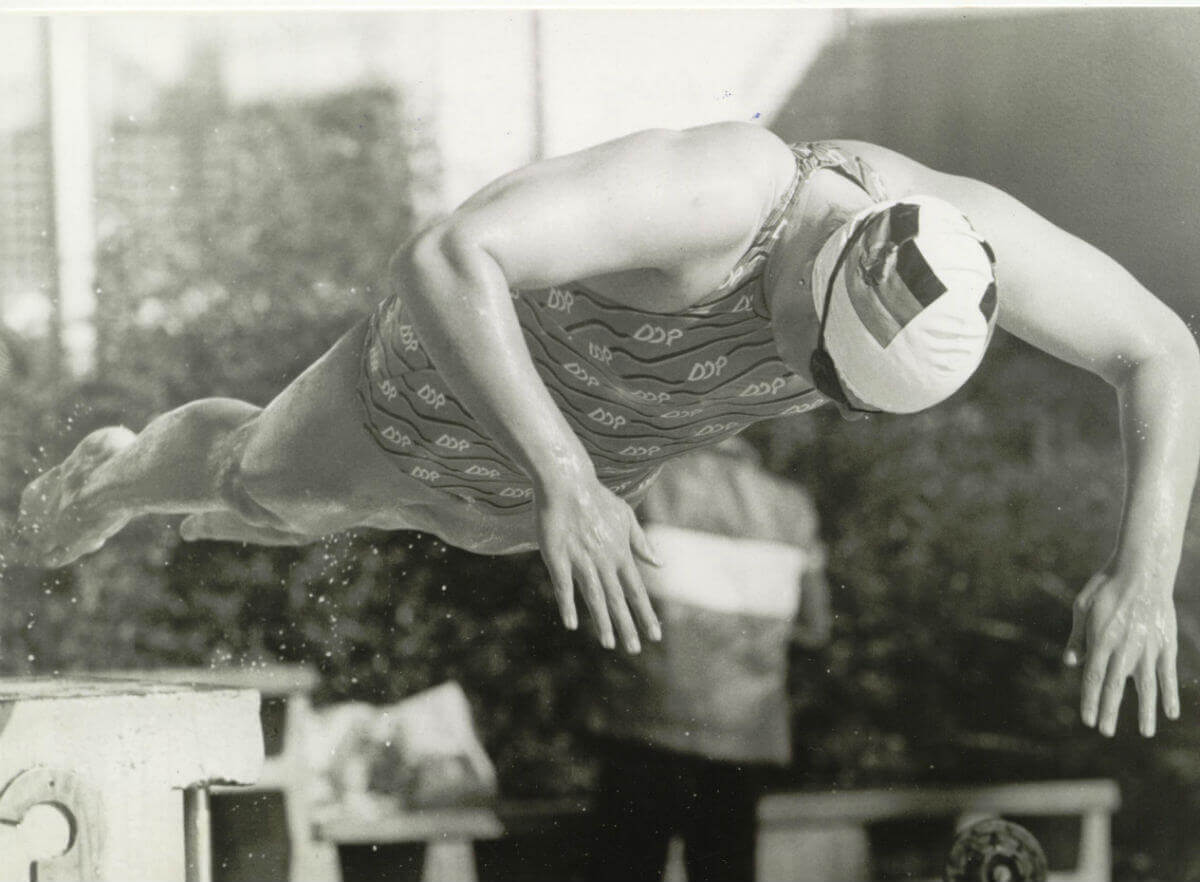 |
1970s and 1980s: The East German government forces athletes to use steroids. In the 1970s and 1980s, the East German government forced athletes to use performance-enhancing substances, primarily steroids. Athletes noticed changes in their bodies but had no choice but to comply. Some swimmers even told each other, "Swallow the pill, or die". At the 1976 Montreal Olympics, the East German women's swim team won 11 out of 13 gold medals, contributing to a total of 40 gold medals. Opponents and observers suspected East Germany of using steroids, but the doping program remained concealed. After German reunification in 1990, investigations revealed that at least 9,000 East German athletes had been forced to use banned substances. Some of those behind the doping program were tried and convicted. However, this could not erase the lifelong damage suffered by the athletes, including heart disease, infertility, and cancer.
 |
1988: Track and field star Ben Johnson tests positive for steroids. On 24/9/1988, Canadian track and field star Ben Johnson won the gold medal in the 100 meters at the Seoul Olympics, South Korea, breaking the world record and defeating American rival Carl Lewis. However, he tested positive for the steroid stanozolol. Faced with irrefutable evidence, Johnson returned the gold medal, which was awarded to Lewis. Previously famous with multi-million dollar endorsement deals, Johnson's world crumbled after the 1988 incident. His case made the public realize that doping was widespread in global sports.
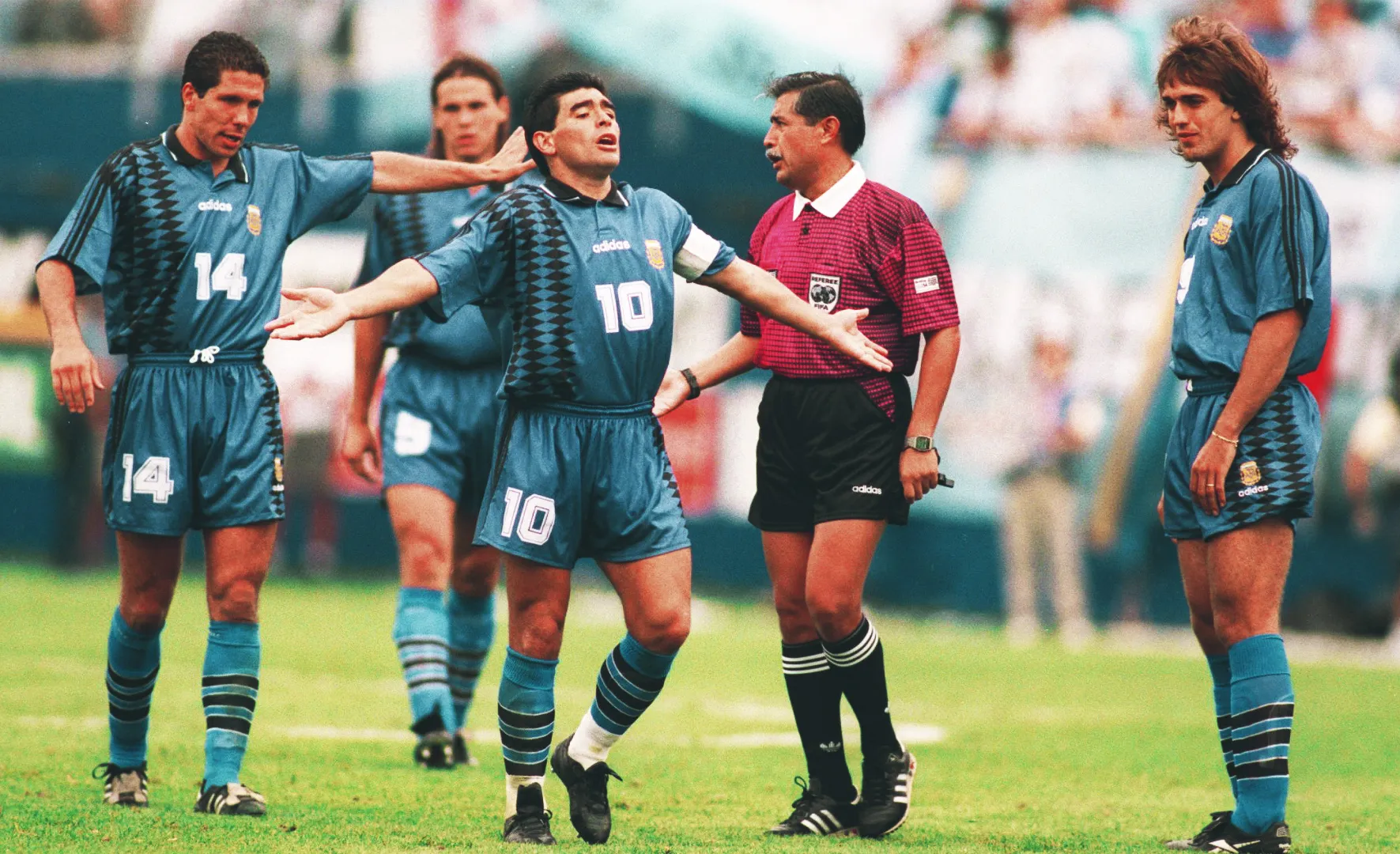 |
1994: Diego Maradona is expelled from the World Cup for using ephedrine. Argentine football legend Diego Maradona, who led his national team to victory in the 1986 World Cup, tested positive for five different variants of ephedrine at the 1994 World Cup. Despite a 15-month suspension from 1991 to 1992 for cocaine use, Maradona arrived at the biggest football event in the USA in unexpected form: he had lost 12 kg before the World Cup and scored a goal and provided an assist in the first group stage match. After a 2-1 victory over Nigeria in the group stage, Maradona left the field hand-in-hand with nurse Susan Carpenter, officially and permanently leaving the tournament. "They cut off my legs, my soul was shattered," was Maradona's classic statement after two positive doping tests from FIFA. Maradona's career continued for a few more years, but he never played for Argentina again.
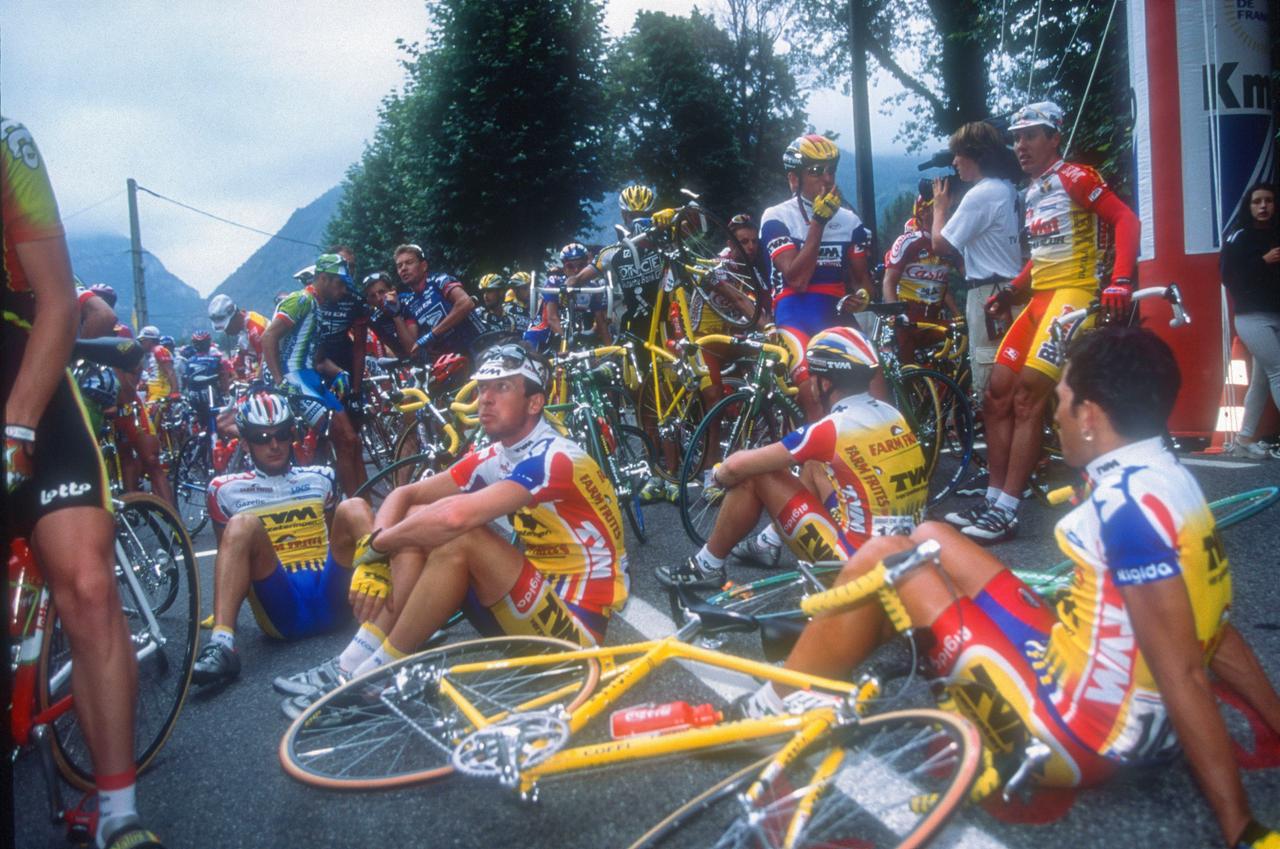 |
1998: The Festina cycling team is caught doping at the Tour de France. During a border search in Lille, a French city near Belgium, the Festina cycling team's masseur was found transporting amphetamines, erythropoietin, and steroids – all performance-enhancing substances. This discovery led to police raids, arrests, and investigations, while the Festina team began competing in the 1998 Tour de France. After days of police interrogation, the team's coach and doctor admitted that Festina had conducted a doping program. The Festina team was eventually disqualified from the race. This scandal was one of the reasons leading to the establishment of the World Anti-Doping Agency (WADA) in 1999.
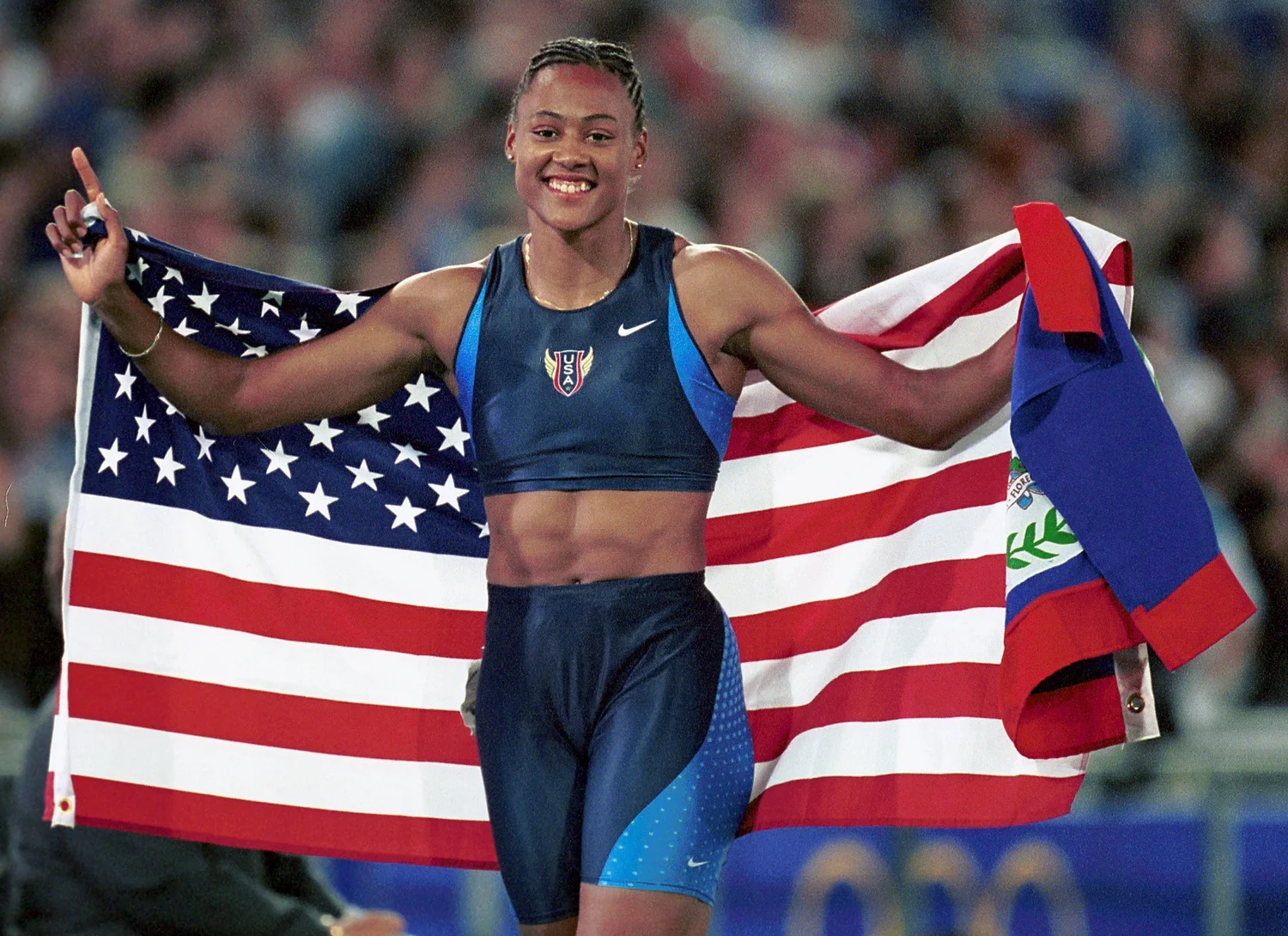 |
2003: The BALCO scandal begins. In October 2003, the US Anti-Doping Agency (USADA) announced that the undetectable designer steroid tetrahydrogestrinone (THG) had been used by several athletes. A source – later revealed to be the former coach of track and field star Marion Jones – informed investigators earlier in the year about the existence of THG and its origin from the Bay Area Cooperative Laboratory, or BALCO, and its founder, Victor Conte. In 2007, Jones admitted to using steroids. She returned five medals, including three gold and two bronze, won at the 2000 Sydney Olympics. In 2008, she was sentenced to six months in prison for lying to federal investigators about steroid use. San Francisco Giants baseball player Barry Bonds, who broke the all-time home run record in 2007, was also a BALCO client. Bonds denied knowingly using steroids, but reports indicated he had used various performance-enhancing drugs.
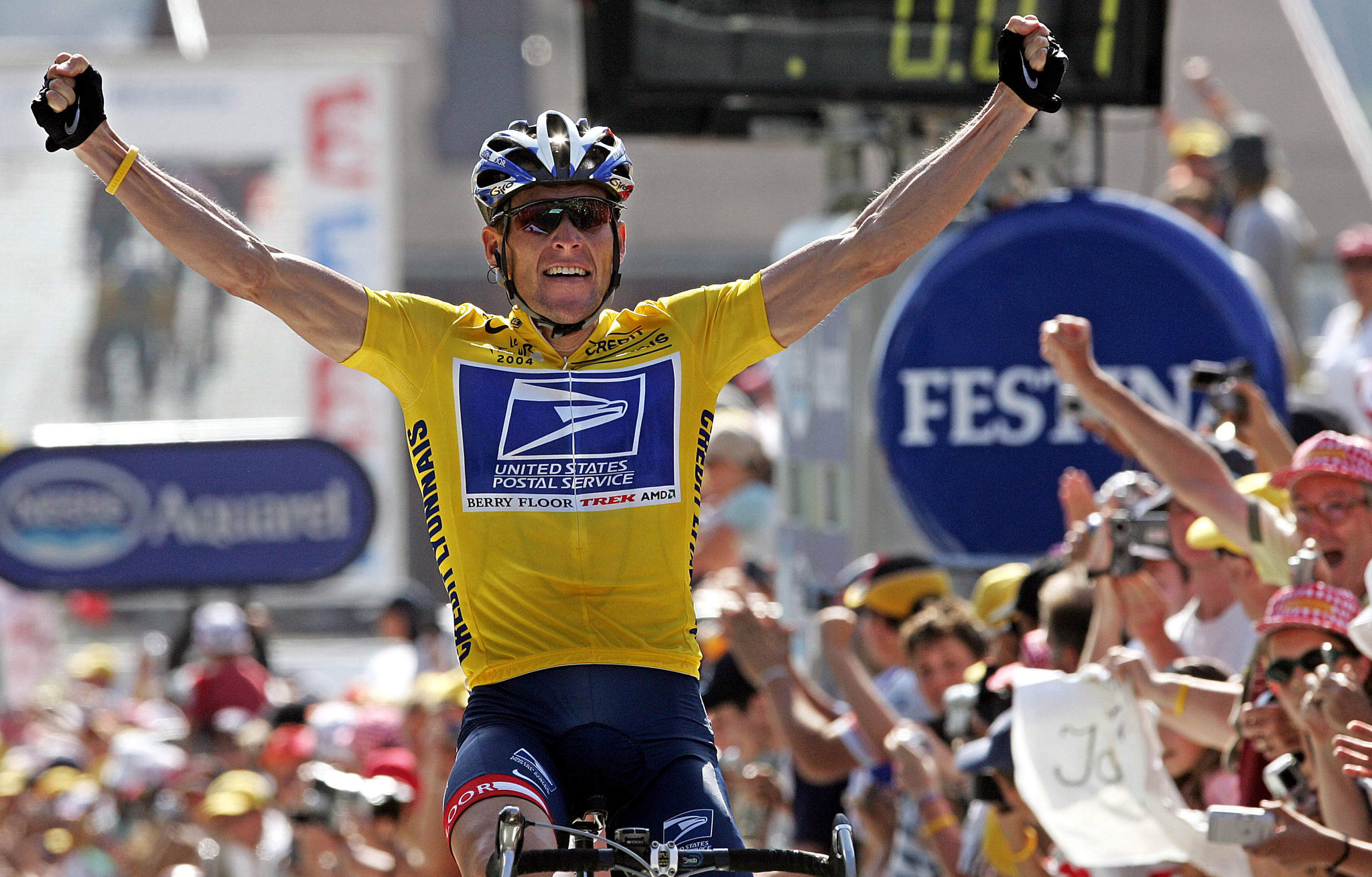 |
2012: Cyclist Lance Armstrong stripped of Tour de France titles. American cyclist Lance Armstrong won seven consecutive Tour de France titles from 1999 to 2005. His victories brought fame, and achieving this success while battling cancer further enhanced his acclaim. However, questions about whether he used banned substances were constantly raised on the track, although no accusations were proven. In 2010, former teammate Floyd Landis, who had been involved in a doping scandal, accused Armstrong of using banned substances. In 2012, USADA charged Armstrong with using performance-enhancing substances. Armstrong did not contest the charges, leading to him being stripped of his Tour de France titles and banned from cycling. In October of that year, the agency released a report calling Armstrong part of "the most sophisticated, professionalized and successful doping program that sport has ever seen". In January 2013, Armstrong confessed to talk show host Oprah Winfrey that he had used doping in all of his Tour de France victories.
 |
2013: The Biogenesis scandal exposes doping in MLB. In January 2013, news broke that Biogenesis, a rejuvenation clinic based in Florida, USA, had provided human growth hormone and other performance-enhancing drugs to a number of Major League Baseball (MLB) players. The story originated from a self-serving clinic employee, revealing that doping remained a problem in baseball. MLB investigated and suspended several players. Most were banned for 50 games, while star Ryan Braun received a 65-game suspension and Yankees star Alex Rodriguez was banned for 211 games (reduced to 162 games after appeal). Rodriguez initially claimed innocence but later admitted to using doping to federal investigators in exchange for immunity from prosecution. This scandal led MLB to commit to stricter penalties and more frequent testing.
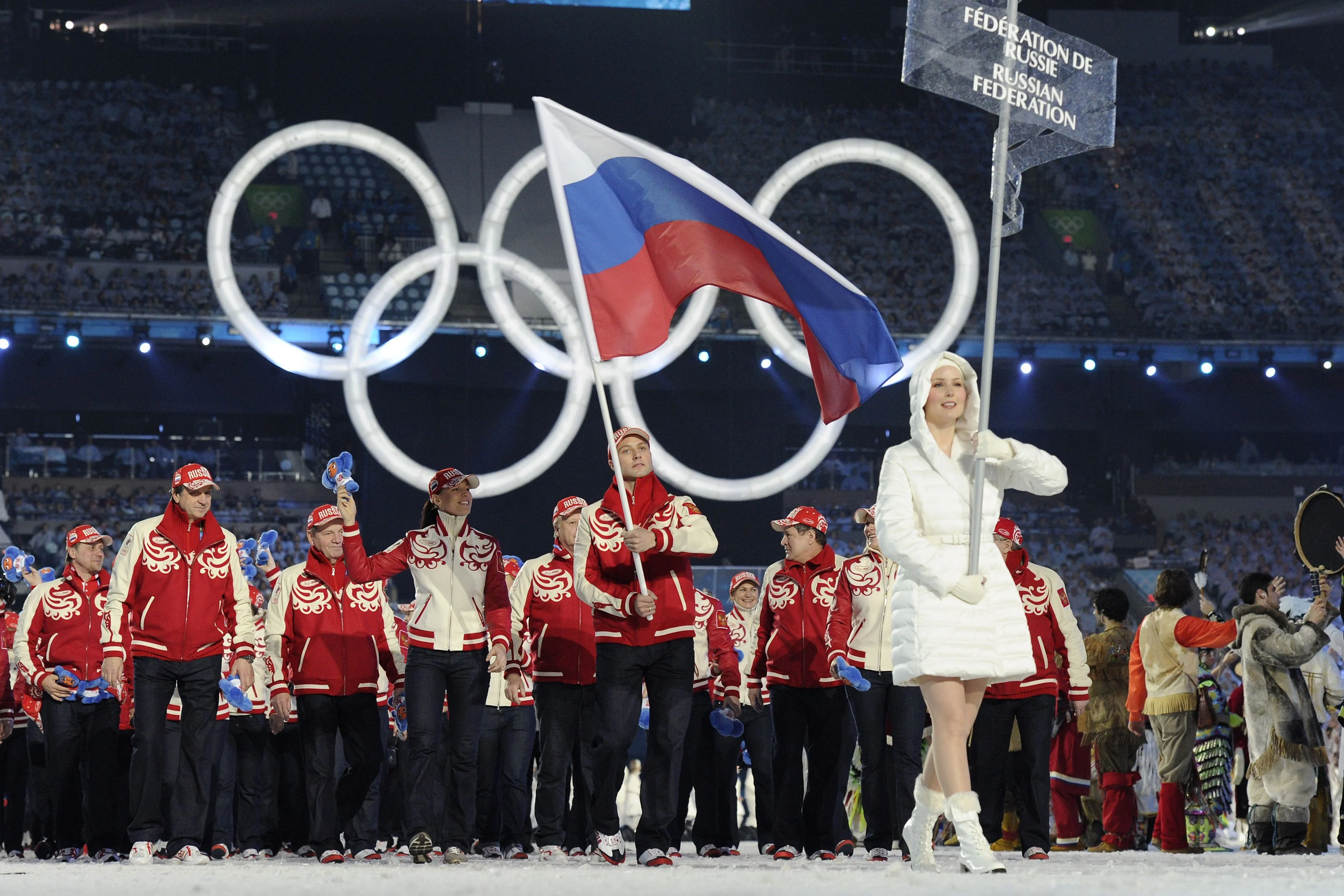 |
2021 and 2022: Russia banned from the Olympics for state-sponsored doping program. In 2016, the former director of an anti-doping laboratory in Moscow accused a Russian state-run program of providing performance-enhancing drugs to athletes and concealing this at the 2014 Sochi Olympics. He described a cover-up involving intelligence agencies accessing “tamper-proof” bottles to replace the urine of doping Russian athletes with clean samples before testing. An investigation commissioned by WADA found evidence of this elaborate scheme. In December 2019, after receiving manipulated test results from the Moscow laboratory, WADA banned Russia from participating in the Olympics and world championship sporting events for four years. This ban was reduced to two years by the Court of Arbitration for Sport in 2020. Russian athletes were still allowed to compete in the 2021 and 2022 Olympics but could not represent themselves under the Russian flag or sing the national anthem.
Hoang Thong (according to History.com)





